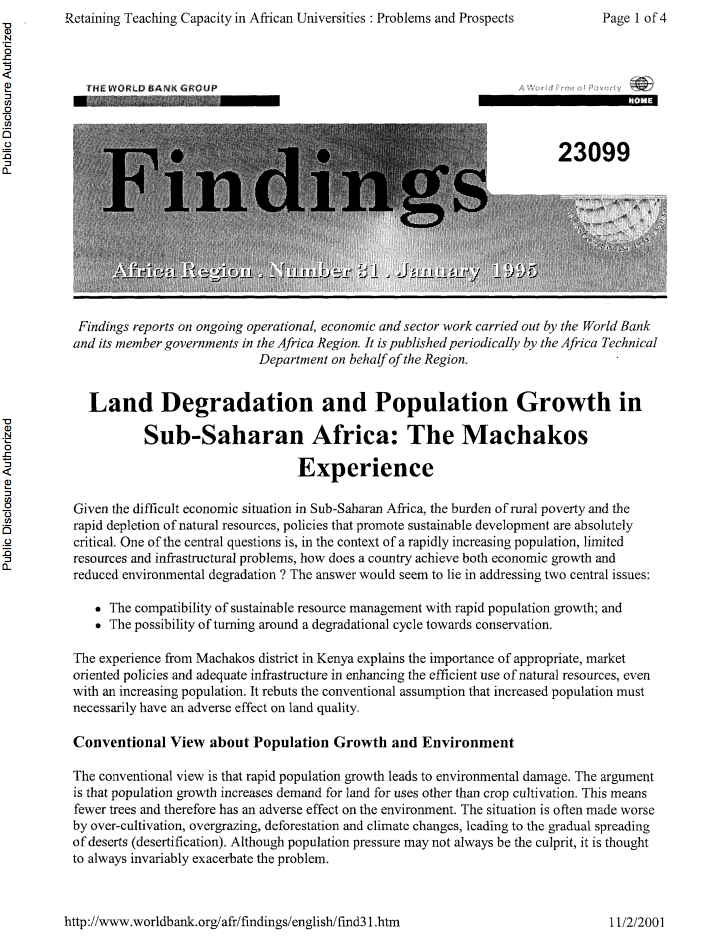Land Policies and Evolving Farm Structures in Transition Countries
The authors review the role of land
policies in the evolving farm structure of transition
countries in Central and Eastern Europe (CEE) and the
Commonwealth of Independent States (CIS). They show how
different policies for land property rights, degrees of
control of land rental and sale markets, and procedures for
restructuring former collective or state farms resulted in
significantly different farm structures in CEE countries


